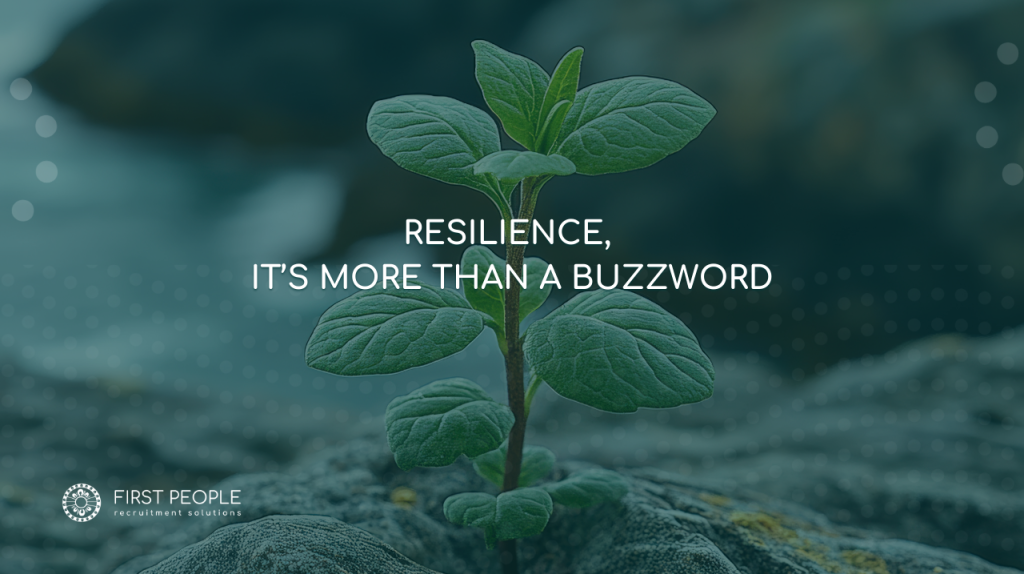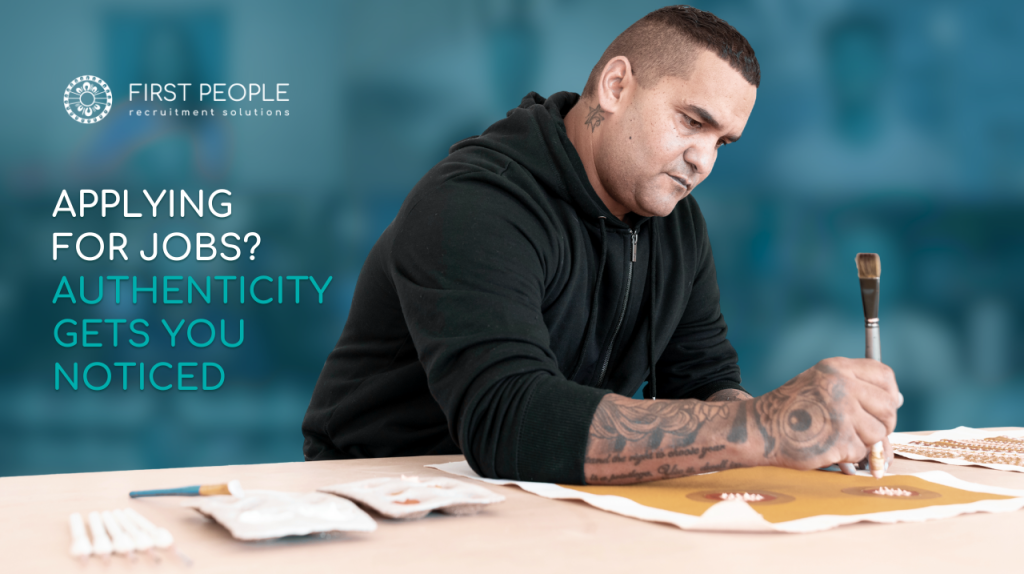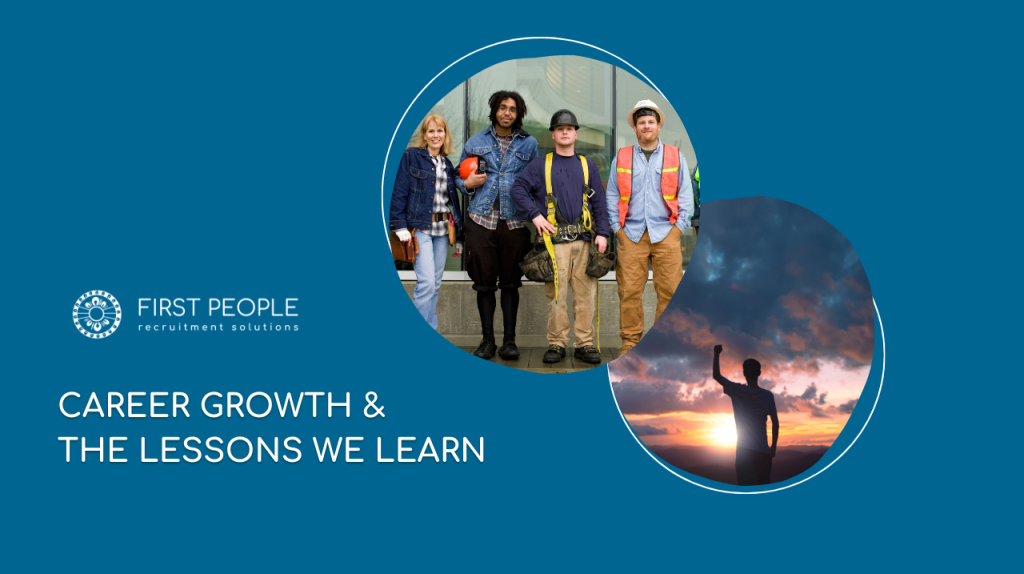Finding your first professional job can be challenging and interviews are often the most unfamiliar and nerve-racking part of the whole experience.
After all, this is your big chance to sell your skills, experience and personality to your future employers
Although they might seem daunting, we’re here to help with this article offering some practical interview tips for graduates that will help you secure the job.
1. Do Your Research
One of the best steps you can take is to research both the role you are applying for and the company you are interviewing with. In an interview, employers are looking for candidates who show interest and knowledge of the role. You can start by Googling the job title and learning about the day-to-day responsibilities of the job and what will be required.
If you wanted to go further, you could reach out to people with the same job title through LinkedIn and ask them about their experience. Working knowledge of the role will make you feel more confident and prepare you better for any specific or technical questions in the interview.
It is also important to show an interviewer that you are knowledgeable about your potential employer and what they do. Spend some time on their website and become familiar with different industry terms and the type of projects and clients they work with.
Demonstrating your understanding of the company and its place in the industry will show an interviewer that you are committed to the role. Combining this knowledge with what you have learned about the role itself will help you stand out from other applicants.
2. Practise Your Interview
Even experienced professionals get nervous before an interview and it is perfectly natural to feel this way. However, when you’re nervous you tend to make mistakes which can hurt your chances of landing the role. As time passes, you will feel less nervous as you go on more interviews and become more familiar with the process.
But you can also grow your confidence by conducting practice interviews with the help of a friend or family member. Most interviewers ask a fairly standard set of questions. Your interviewer might provide these to you ahead of time but you can also find the most common ones online.
The best way to prepare is to act like it’s the real thing – ask whoever is helping you to really act out the role of the Hiring Manager so that it feels like a proper interview and not just a meeting with your mum. Make sure you wear the clothes you will for your actual interview and enter the room and greet the person interviewing you like it is your first time meeting them. Treating the practice interview like the real one will help you to get in the zone and get used to the feelings and environment ahead of time.
There will always be situations and graduate interview questions that you cannot prepare for though. During your practice, ask whoever is interviewing you to add in some questions of their own or push for more detailed answers at random points. Doing this will keep you on your toes and help you remain composed when responding to unplanned questions and situations. The more comfortable you can become with the unexpected in interviews, the more successful you will be.
3. Highlight Your Transferable Skills
A lack of relevant experience may seem daunting when you interview for a graduate position but don’t let it deter you. Firstly, any employer hiring for a graduate position expect limited on-the-job experience – they aren’t going to hold it against you.
The best way of overcoming this is to draw from experience in previous jobs or other areas of your life and highlight your transferable skills. If you’ve worked in hospitality, talk about the customer service and interpersonal skills you have developed. If you’ve worked in retail then you have sales experience and understand targets and KPIs as part of a team. Instead of worrying about your lack of professional experience, focus on what other skills you possess that an employer may want in a professional setting.
Don’t limit your focus to just your previous jobs. Hobbies and extracurricular activities such as sports and volunteer work often impart valuable skills, knowledge and qualities that you might not appreciate at first. Discuss these aspects of your life with reference to what you have gained from them.
For instance, playing a team sport might have given you experience working in a team towards a common goal or leadership skills. Similarly, involvement in volunteer roles or social clubs may have given you project management experience and familiarity liaising with stakeholders – two skills that are highly valued in any professional role.
4. Know Your CV
Employers mostly use interviews as a chance to discuss your skills and experience in more detail and it is crucial that you are able to do so with anything mentioned in your CV. When you’re asked about a previous job, employers really want to know three things:
- How long you worked there
- What your responsibilities were
- What you learned in the role.
These last two points are the ones that will tell them whether you’re a good fit for the position they want to fill. A useful strategy is to go through your CV and ask yourself these two questions – what did you do and what did you learn? Doing so will allow you to speak confidently about your past experience when it comes to your interview.
To really stand out, make sure to link your CV back to the role you’re interviewing for. When discussing your responsibilities in previous jobs, try to mention how they were similar to your future responsibilities. Likewise, talk about how the lessons you have learned in previous jobs can be applied to this new role.
If you’re discussing specific skills you possess, make sure to mention how they relate to the job description or other aspects of the role discussed in the interview. Connecting your skills and experience back to the role you’ve applied for will make a lasting impression on your interviewer and show that you have thought seriously about what you can bring to the job.
5. Make the Right Impress
As much as they are trying to learn about your suitability for the role, your interviewer is also trying to learn about you and first impressions matter.
Be On-Time
Turning up late without a reasonable excuse almost guarantees you won’t get the job, so make sure you plan out how you’re going to get to the interview and what you need.
Plan to arrive early in case of traffic or a lack of parking if you’re driving, or unexpected delays if you’re using public transport. Arriving early will also give you some time to compose yourself before the interview, go over any questions and answers and calm those last-minute nerves.
If you’re held up for reasons out of your control, don’t worry. Simply call ahead and explain the situation to your recruiter or Hiring Manager so they can make alternative arrangements.
Chances are that your first graduate role will expect a higher level of professionalism than previous jobs you’ve had, and this is especially true in interviews. Be polite and respectful towards everyone you meet on the day because you can guarantee your interviewer will ask them about you once you leave.
Be Polite
Be confident in your abilities but not arrogant and never assume that you have got the job until an offer is on the table. Remember that every person you meet before, during or after the interview is giving up their time to speak to you, so be sure to thank them for it and show your appreciation.
Be Presentable
Just as there are certain expectations for professionalism, there are also expectations for appearance. Many workplaces, even in large corporations, have become more relaxed about their dress codes but it is always better to be a little overdressed than underdressed when you interview.
If you’re feeling unsure, just think about what you would wear to a graduation ceremony or an important family dinner and go with that. Make sure your hair is neat, your teeth are brushed and your clothes are clean and ironed. You’d be surprised at the difference a freshly pressed shirt can make in an interview.
Summary
Going for your first graduate interview is a major milestone in life and one that comes with a lot of expectations and nerves. It is easy to overthink things and become stressed about what to do but with these top interview tips in mind you will have the best chance at success.
Do some practice interviews to get comfortable with the process and be prepared for any unexpected questions. Research both the job and the company thoroughly before your interview so that you can speak with knowledge and confidence when the time comes. Study your CV and ask yourself what each item on it has taught you and what skills it will allow you to bring to the role. Finally, present yourself well and be polite at all stages of the interview as it could be the difference between getting the job or not.
If you’re looking for ways to kickstart your career or for other top tips for graduates, First People Recruitment Solutions can help. As one of the leading Indigenous recruitment specialists in Australia, we work to connect our diverse talent pool with leading employers across the corporate, government and industrial sectors. Get in touch today and learn how we can help you find your dream graduate job.



